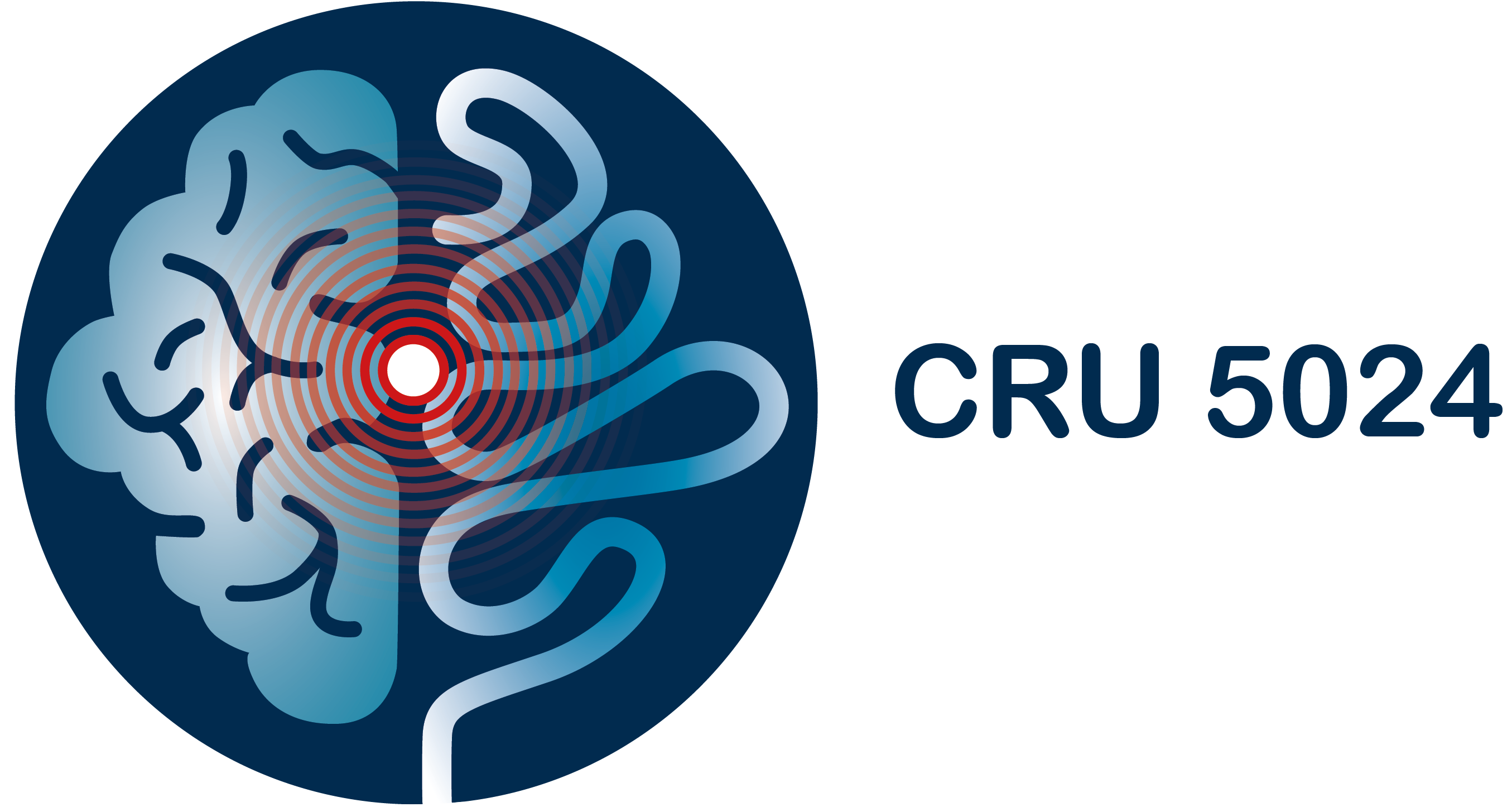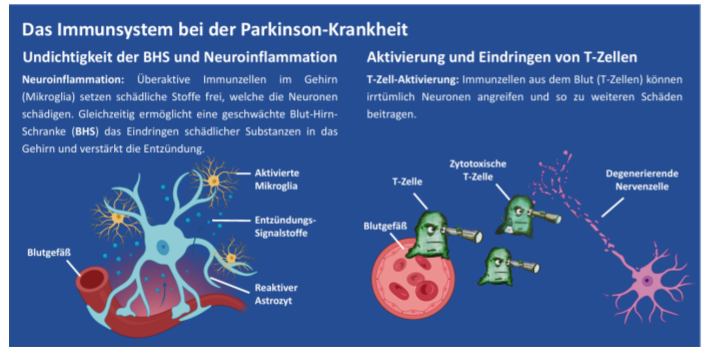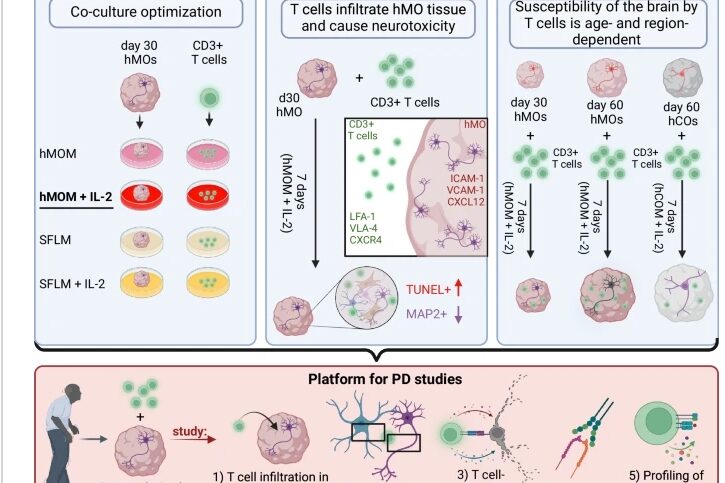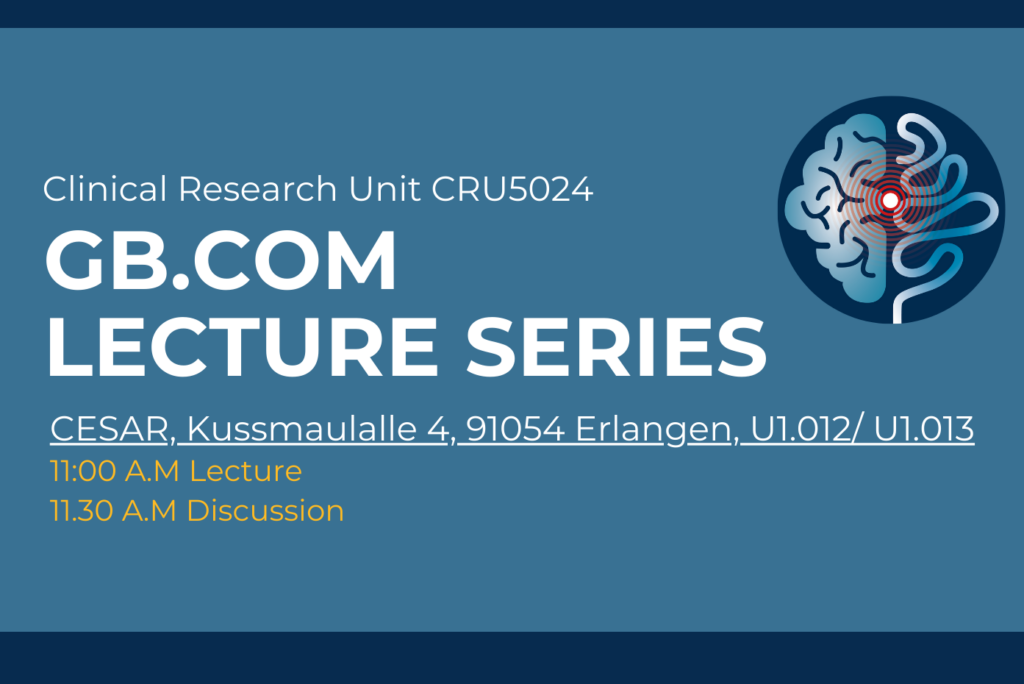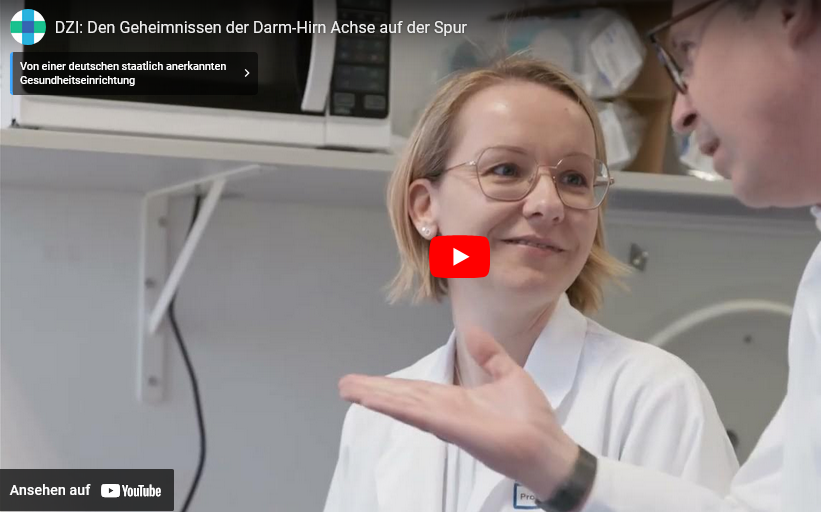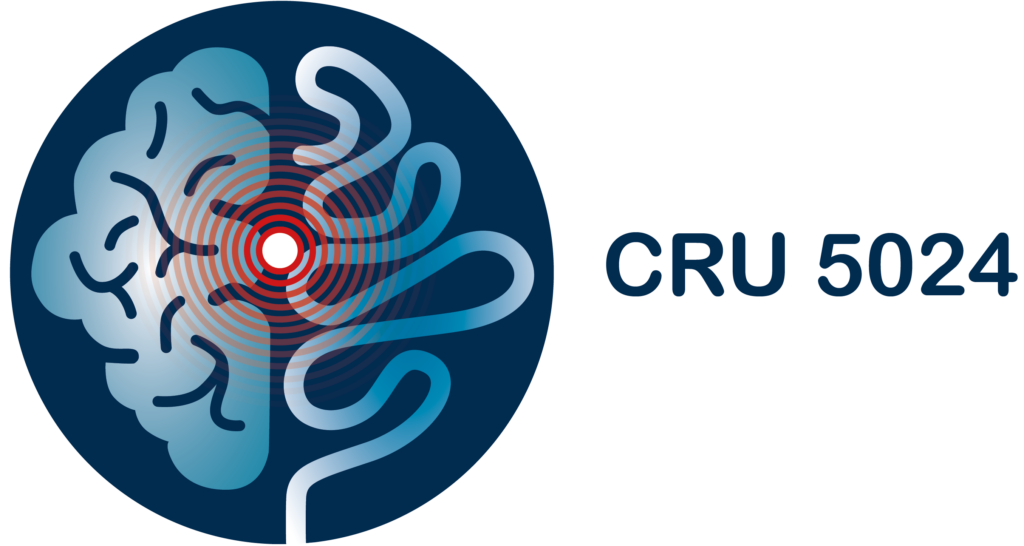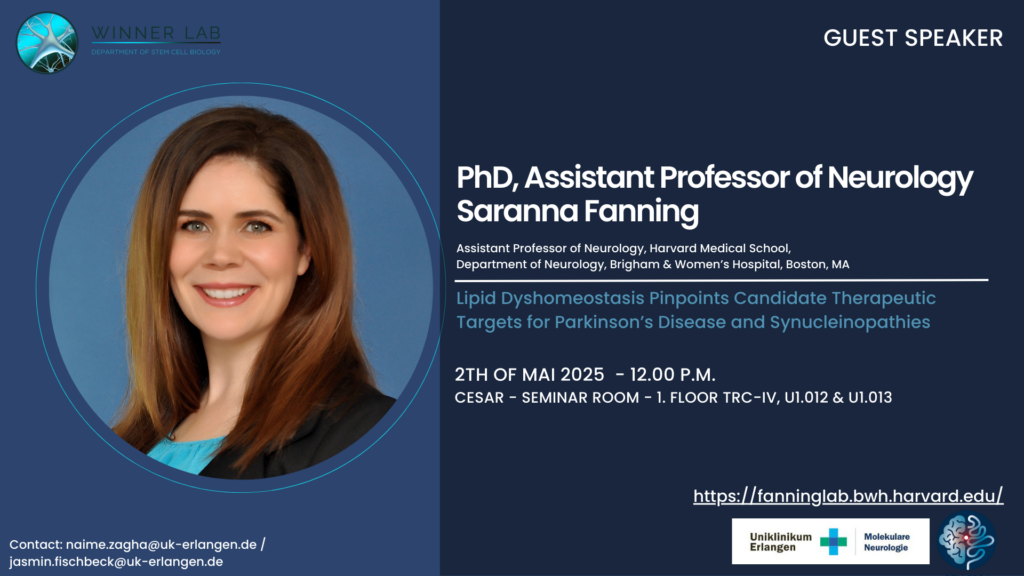GB.Com
Quick Links
About GB.Com Projects Public Events Lectures & Seminars Meetings PressVideo-Highlights
Top News
Best of our KFO-Video Highlights
We Participated in the Day of Immunology 2025!✨
Here’s what we contributed:
🧬 Isis created a poster on Parkinson’s Disease (PD), exploring the po...
MemberHighlight✨
Mutations in the enzyme β-glucocerebrosidase (GCase) are known to increase the risk of Parkinson’s disease twentyfold and also cause Gauch...
StudentHighlights
Publications
Congratulations, dear Elizaveta!
MemberHighlight ✨
Seminars & Lectures
First iRTG meeting
Start of GB.Com Lecture Series 2025
People
MemberHighlight✨
Mutations in the enzyme β-glucocerebrosidase (GCase) are known to increase the risk of Parkinson’s disease twentyfold and also cause Gauch...
StudentHighlights
MemberHighlight ✨
Research, Family, Support: Making It Work
Welcome our new student representatives Bruno & Luis
Congratulations to Patrick Süß on his Else Kröner Fellowship!
Recent studies suggest that inflammation in the gut can contribute to the development of Parkinson's by spreading to the brain. ...
Events
„Kleine Schritte“ – Ein bewegender Auftakt in Erlangen
In der anschließenden Podiumsdis...
Best of Science Slam 2024
Theaterstück “Kleine Schritte” in Erlangen
Theaterstück "Kleine Schritte" in Erlangen 04.02.2025 und 05.02.2025 ab 18:30 Uhr In Zusammenarbeit mit dem Sonderforschungsverbund EmpkinS (FAU) präsentieren wir am 4. und 5. Februar 2025 ein bewegendes und lebensbejahendes Theaterstück im Erlanger E-Werk. Das Stück, das in Kooperation ...
Networking Conference with the Alexander von Humboldt Foundation
Scientist are grapping the Mic – Join our Science Slam in Erlangen
Beate Winner erörtert die Geheimnisse der Hirn-Darm-Achse
Press
Prof. Beate Winner and Prof. Jürgen Winkler featured in Süddeutsche Zeitung for World ParkinsonDay
Neuroforum on KFO 5024 – A Look at Innovative Neuroscience Research
You can find the article on page 29 of the c...
Exzellent interdisziplinär: Artikel über die KFO5024
Film über die KFO5024 – Den Geheimnissen der Darm-Hirn Achse auf der Spur
Claudia Günther in der taz
SZ-Artikel über die KFO5024
Ein faszinierendes Forschungsgebiet ist ...
